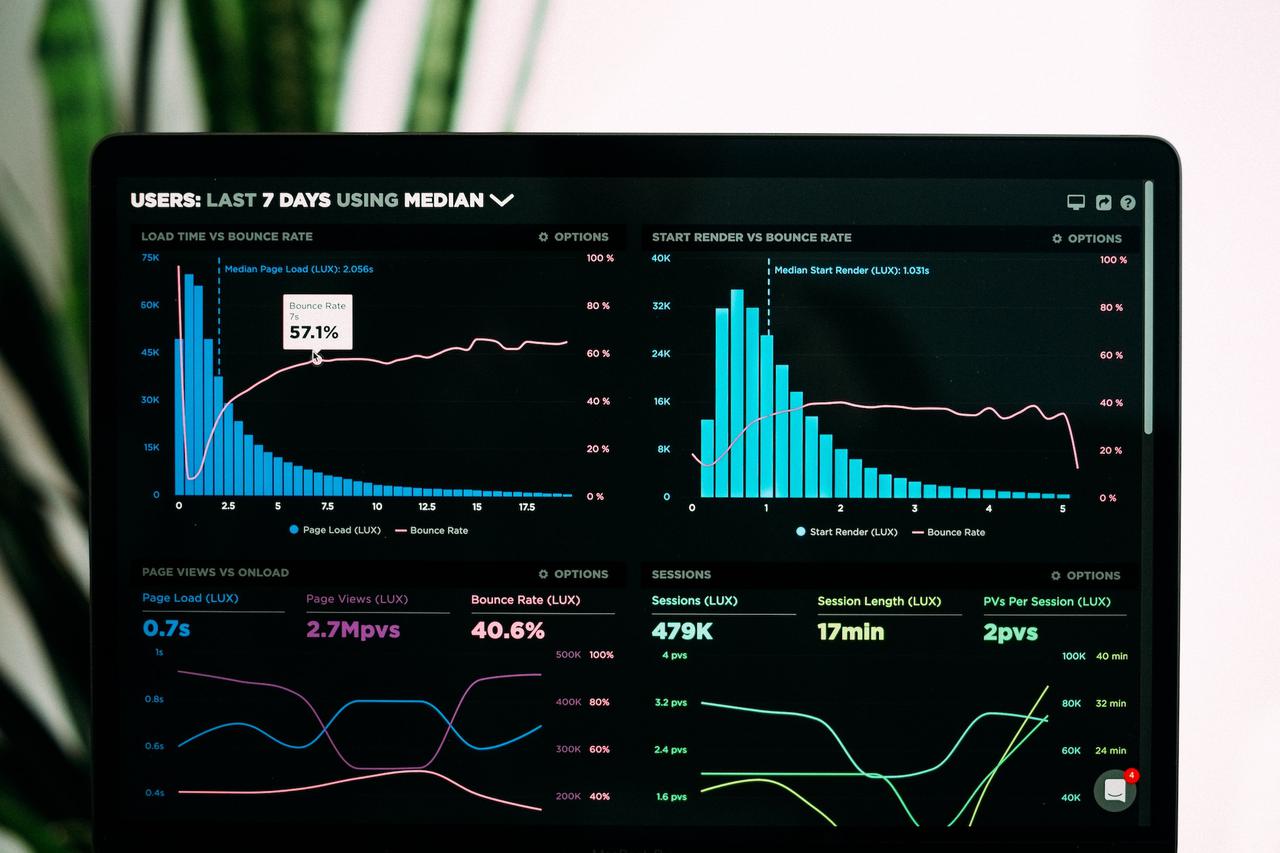Share this
Using KPIs to conduct data center evaluation
by Admin on February 20, 2023

Key Performance Indicators (KPIs) are quantifiable measures that help organizations track progress toward a wide range of goals. In data center management, monitoring the right KPIs is crucial for:
- Maintaining optimal performance
- Identifying potential issues
- Making informed decisions
With numerous metrics available, prioritizing data analysis and focusing on the most relevant ones is essential to ensure efficient and effective operations. This blog highlights some of the top KPIs data center managers should monitor for a comprehensive evaluation of their facilities.

Power usage effectiveness (PUE)
PUE measures the efficiency of a data center's energy usage by comparing the total energy consumed to energy used specifically for IT equipment.
Monitoring the PUE tells data center managers the effectiveness of their energy management strategies while identifying areas for improvement. A lower PUE indicates a more energy-efficient facility, leading to cost savings and a reduced environmental impact.
Data center infrastructure efficiency (DCiE)
DCiE is the inverse of PUE, representing the ratio of IT equipment power to the total energy consumed by a data center.
Tracking DCiE provides insights into the amount of energy used for essential infrastructure components, such as cooling and power. Like PUE, a higher DCiE indicates more efficient energy use, equalling lower operational costs and a smaller environmental footprint.
Server utilization
Server utilization is the percentage of a server's processing capacity used at any given time.
Monitoring server utilization helps data center managers identify underused and overused resources. Knowing the utilization allows them to optimize resource allocation and improve overall performance.
Proper server utilization can reduce energy costs and maximize the return on investment for a wide range of IT equipment.
Network latency
Network latency refers to the time it takes for data to travel from one point to another within a data center network.
Low network latency is critical for fast and responsive applications, particularly for time-sensitive services. When data center managers monitor latency, they can pinpoint bottlenecks and take appropriate measures to optimize network performance.
The fast-paced world today demands responsive user interfaces, and staying on top of this KPI is essential for daily operation and scaling in the future.
Data center downtime
Data center downtime is the amount of time when a facility or its critical components are unavailable, resulting in service disruptions.
Downtime can have severe consequences:
- Lost revenue
- Damaged reputation
- Reduced customer satisfaction
Tracking downtime and its causes helps data center managers implement strategies to minimize disruptions, ensuring the continuous availability of services.

Mean time between failures (MTBF)
MTBF is the average time between system or component failures in a data center, providing an estimate of equipment reliability.
Tracking MTBF allows data center managers to assess the dependability of their infrastructure and plan for maintenance or replacement accordingly. A higher MTBF indicates more reliable equipment, reducing the risk of unexpected downtime and associated costs.
Cooling efficiency
Cooling efficiency measures the effectiveness of a data center's cooling system. Usually, this data is the ratio of the cooling output to the energy input.
Cooling is crucial for maintaining optimal working temperatures for equipment and preventing overheating. Knowing the ongoing cooling efficiency helps data center managers identify potential issues before they impact operations.
Seeing when cooling efficiency drops enables management to enact improvements that will reduce energy consumption, lower costs, and extend equipment lifespan.
Connect with industry experts through KPI Network to market data center evaluation systems.
Data center managers need a nuanced understanding of the KPIs they monitor. By focusing on these metrics, you can gain valuable insights into operational performance to make informed management.
At a KPI Network event, data center managers and tech vendors can connect with marketing firms for collaboration, knowledge sharing, and solution development. Join the KPI Network today to stay ahead in a rapidly evolving data center landscape.
Share this
- April 2024 (4)
- July 2023 (2)
- June 2023 (4)
- May 2023 (3)
- April 2023 (12)
- March 2023 (4)
- February 2023 (6)
- December 2022 (3)
- November 2022 (3)
- October 2022 (1)
- September 2022 (2)
- August 2022 (2)
- July 2022 (4)
- June 2022 (3)
- May 2022 (4)
- April 2022 (4)
- March 2022 (1)
- January 2022 (3)
- November 2021 (1)
- September 2021 (1)
- August 2021 (3)
- July 2021 (2)
- May 2021 (1)
- April 2021 (4)
- March 2021 (2)


